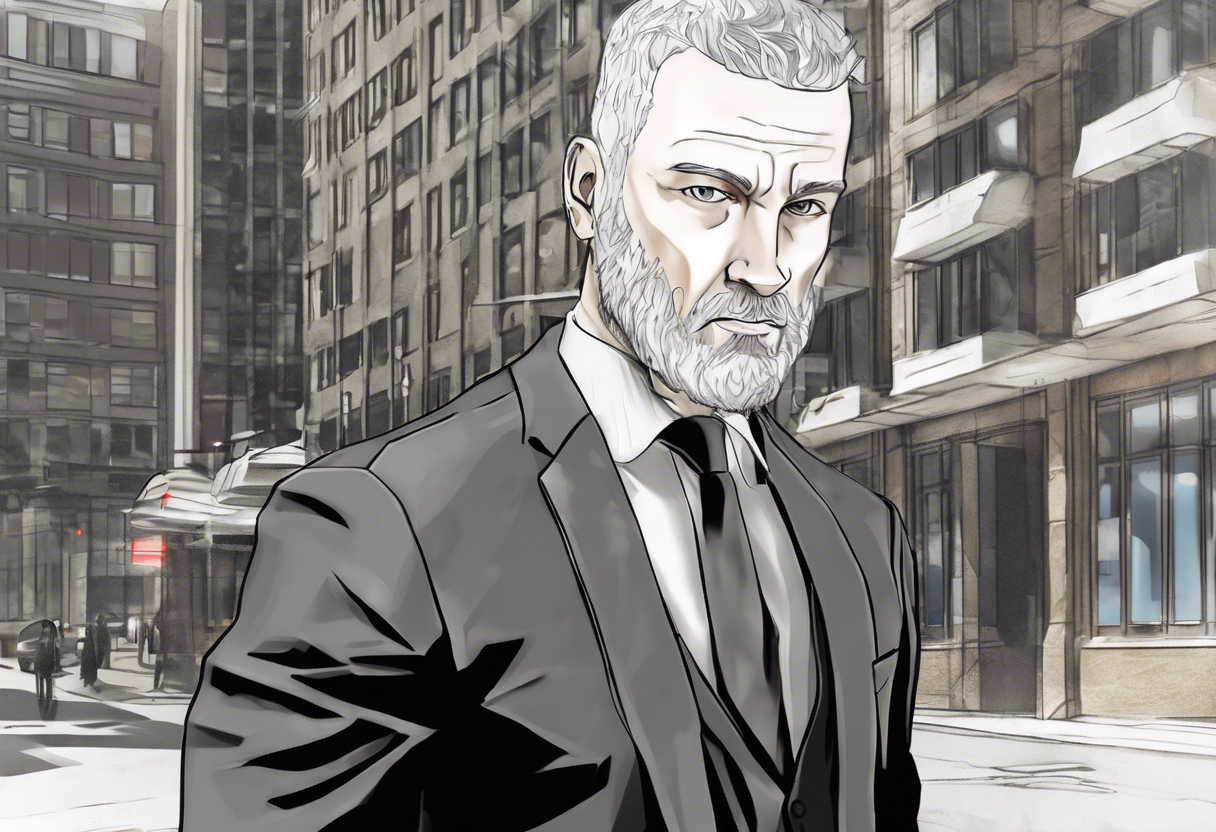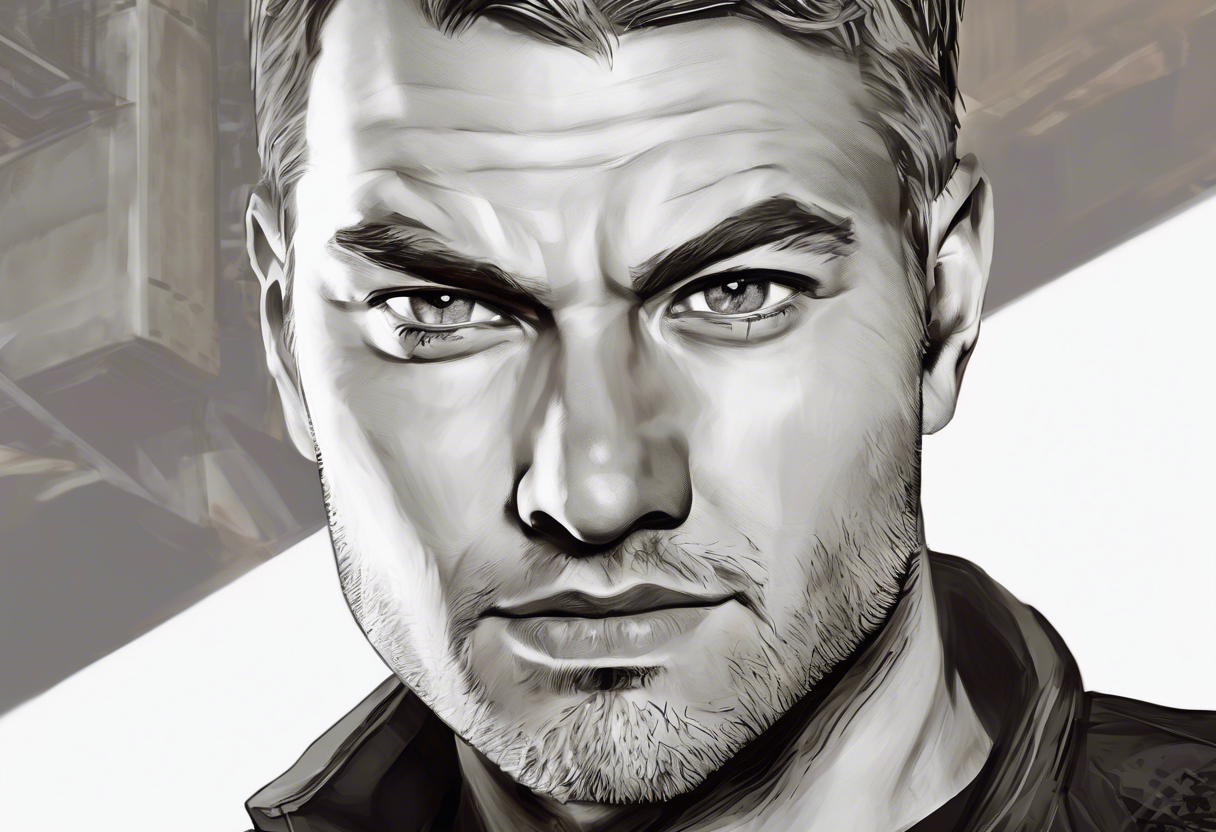Contents
Robert Black in the Divergent Series
Introduction
Robert Black is a significant character in Veronica Roth’s Divergent series, although his role is somewhat peripheral yet insightful into the societal dynamics of the fictional world. Born and raised in the Abnegation faction, Robert is the brother of Susan Black and a neighbor of the Prior family, including the protagonist Tris Prior. His decision to leave Abnegation and join the Amity faction on Choosing Day marks a pivotal moment in the narrative, reflecting the themes of choice, identity, and the search for belonging.
Robert’s character serves as a contrast to the more central figures like Tris and Caleb Prior, highlighting the diverse paths individuals can take within the faction system. His backstory and defining traits, though not extensively detailed, contribute to the rich tapestry of the Divergent world, making him a relatable and interesting character.
Role in the Story
Robert Black’s storyline is intertwined with the broader narrative through his relationships and decisions. At the beginning of the novel, Robert is depicted as a part of the Abnegation community, living near the Prior family. Tris even considers the possibility of marrying him if she had stayed in Abnegation, indicating a level of familiarity and comfort with him [3].
However, on Choosing Day, Robert makes the significant decision to leave Abnegation and join the Amity faction. This choice is noteworthy because it shows that even those deeply embedded in one faction can seek a different path, reflecting the theme of self-discovery and the pursuit of personal happiness. Robert’s transition to Amity also underscores the idea that individuals can find their true place outside of their birth faction.
During the story, Robert is mentioned in the context of Tris’s reflections on her past life in Abnegation. His decision to join Amity serves as a reminder of the choices available to individuals in this society and the complexities of faction allegiance. Later, when Tris encounters Robert again, it is in the context of her journey with other characters, reinforcing the idea that paths can cross and recross in unexpected ways [3].
Character Analysis
Robert Black’s personality and motivations, though not extensively explored, can be inferred from his actions and the context in which he is mentioned. He appears to be a kind and thoughtful individual, as suggested by his presence in the Abnegation community, which values selflessness and kindness. His decision to join Amity, a faction that emphasizes peace and harmony, aligns with these traits, indicating a desire for a more peaceful and cooperative lifestyle.
Robert’s strengths include his ability to make difficult choices and seek a path that aligns with his personal values. This is evident in his decision to leave Abnegation, which requires courage and a willingness to change. His flaws, if any, are not explicitly stated, but his relatively quiet presence in the narrative might suggest a lack of assertiveness or a tendency to avoid conflict.
The development of Robert’s character, though limited, contributes to the broader exploration of identity and choice in the Divergent series. His journey serves as a subtle reminder that individuals have the power to choose their own paths, even if those choices are not as dramatic or central to the main plot as those of the main characters.
Themes and Symbolism
Robert Black embodies several themes that are central to the Divergent series. One of the most significant themes is the concept of choice and identity. By choosing to leave Abnegation and join Amity, Robert symbolizes the idea that individuals can redefine themselves and seek a faction that better aligns with their personal values and aspirations.
Another theme that Robert’s character touches upon is the idea of belonging and community. His transition from Abnegation to Amity highlights the importance of finding a community where one feels a sense of belonging and purpose. This theme is crucial in the Divergent series, as characters like Tris and Caleb grapple with their own faction allegiances and the consequences of their choices.
Robert’s character also subtly addresses the theme of societal expectations versus personal desires. His decision to join Amity, despite being raised in Abnegation, shows that individuals can break free from the expectations of their birth faction and pursue a different life path.
Cultural Impact
While Robert Black is not a central character in the Divergent series, his presence has a cultural significance that reflects the broader appeal of the series. Fans of the series appreciate the complexity of the world-building, which includes characters like Robert who add depth and realism to the narrative.
In adaptations or spin-offs, Robert’s character might not be prominently featured due to his peripheral role, but his presence in the original novels contributes to the rich and detailed world that Veronica Roth created. This detailed world-building is part of what makes the Divergent series so compelling to readers and audiences.
Critical Reception
Critics and audiences have generally appreciated the nuanced world-building in the Divergent series, which includes characters like Robert Black. While he may not be a character who receives extensive critical analysis, his role in the narrative is seen as part of the overall tapestry that makes the series engaging.
There have been no major controversies surrounding Robert’s character, as he is portrayed in a positive and respectful light. His decision to join Amity is seen as a legitimate choice that reflects the themes of the series, rather than a plot device that sparks controversy.
Legacy
Robert Black’s enduring appeal lies in his representation of the themes of choice, identity, and belonging that are central to the Divergent series. His character serves as a reminder that even peripheral figures can have significant impacts on the narrative and the world-building of a series.
In contemporary discussions, characters like Robert Black are relevant because they highlight the importance of personal choice and the search for one’s true place in society. This theme is particularly resonant in young adult literature, where characters are often navigating their identities and making crucial life decisions.
Robert Black’s character has not directly inspired other works or character archetypes, but he is part of a larger literary tradition that emphasizes self-discovery and the exploration of identity. His presence in the Divergent series contributes to the series’ overall impact on young adult literature and its themes of personal growth and societal critique.







